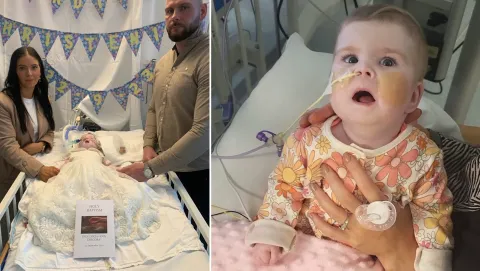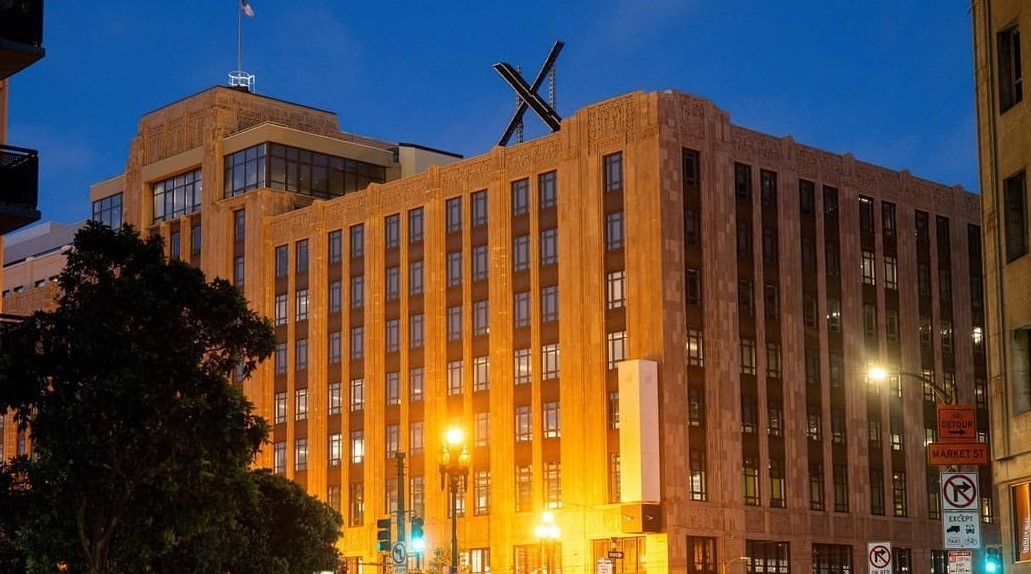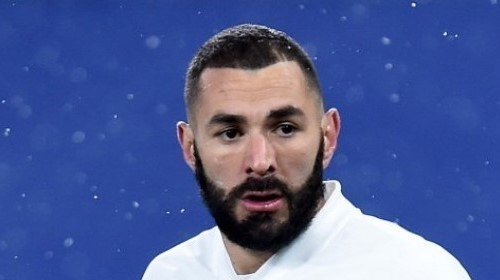
LONDON — A judge at Britain’s High Court ruled Wednesday that life support for a terminally ill 8-month-old baby should be withdrawn in a hospice or hospital, despite efforts by the infant’s parents and the Italian government to transport her to Italy for further treatment.
The parents of baby Indi Gregory, who has a rare metabolic disorder known as mitochondrial disease, have fought legal battles in a bid to continue life support for their child. But a judge has ruled that doctors can lawfully limit life-supporting invasive treatment, because continuing with the treatment would not be in the child’s best interests.
The legal tussle is the latest in a series of similar cases in Britain that saw doctors and parents spar over the treatment of terminally ill children and the respective rights and responsibilities of parents and medical professionals.
In a written ruling, Justice Robert Peel said he accepted the evidence of medical specialists at the Queen’s Medical Center in Nottingham arguing that treatment for Indi should be withdrawn in a hospice or hospital.
The baby’s parents had hoped to fly Indi to Italy — where the Vatican’s pediatric hospital, Bambino Gesu, has offered to care for her — or failing that bring the infant home for end-of-life care.
But Justice Peel ruled it was “too dangerous” to send the baby home “given the clinical complications.”
“There are a number of factors which render extubation and palliative care at the family home all but impossible, and certainly contrary to (Indi’s) best interests,” he said.
He had already ruled that a transfer to Italy would not be in the baby’s best interests, and Court of Appeal judges have backed that decision.
The campaign group Christian Concern, which is supporting Indi’s parents, said the parents plan to appeal the ruling. The group also said that the Italian hospital’s general manager, who has been appointed as Indi’s guardian, was seeking an urgent meeting with the Queen’s Medical Center Wednesday.
Britain’s National Health Service says there is no current cure for mitochondrial disease, which means a patient’s cells aren’t able to produce enough energy to operate properly. The fatal disease has caused progressive brain damage in baby Indi, leaving her totally dependent on life support, according to evidence presented to the High Court in London.
Justice Peel has said his decision was based on findings that Indi was critically ill, had no prospect of improvement and an “extremely limited quality of life,” combined with evidence that she experienced frequent pain as a result of her treatment.




